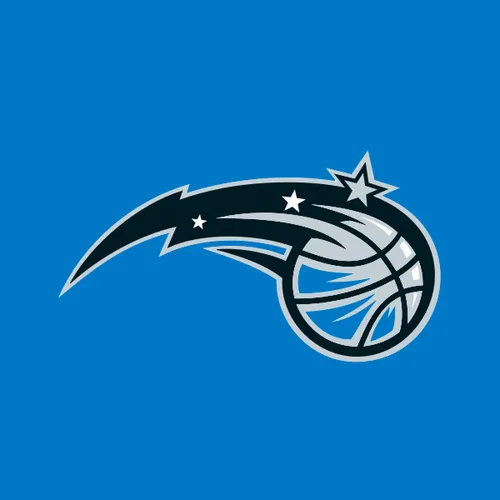







How to get a job in the English Women’s Super League (WSL)
Introduction
The English Women's Super League (WSL) has experienced rapid growth in recent years, attracting talented players, coaches, and professionals from around the world. This comprehensive guide will provide insights and strategies to help you navigate the WSL job landscape, develop essential skills and qualifications, break into the industry on Rebound, advance your career, and learn from the success stories of industry professionals.
Understanding the Women's Super League Job Landscape
The WSL job landscape offers a wide array of opportunities across various sectors, including coaching, scouting, sports administration, marketing, and media. Some key aspects to consider include:
Clubs and organizations: The WSL comprises numerous clubs, each with its own organizational structure and job opportunities. Research the clubs that interest you and identify potential roles that align with your skills and career goals.
Support roles: Beyond coaching and playing, the WSL relies on a diverse range of professionals, including sports medicine specialists, data analysts, marketing experts, and event managers.
Media and broadcasting: As the WSL grows in popularity, demand for media professionals who can cover matches, provide analysis, and create engaging content is also increasing.
Women's football development: The WSL is committed to developing women's football at all levels, offering opportunities for professionals interested in grassroots initiatives, talent identification, and player development.
Essential Skills and Qualifications
The specific skills and qualifications needed for a career in the WSL vary depending on the job role. However, some common competencies include:
Knowledge of women's football: A thorough understanding of the WSL, its clubs, players, and the broader context of women's football is essential for most roles.
Communication skills: Effective communication is crucial across various positions, particularly in coaching, scouting, and media roles.
Leadership and teamwork: Many WSL jobs require the ability to lead and collaborate with others, especially in coaching and management positions.
Analytical skills: Roles such as scouting, sports analytics, and coaching demand the capacity to analyze and interpret data to make informed decisions.
Networking and relationship-building: Establishing strong connections within the WSL can be invaluable for finding job opportunities and advancing your career.
Breaking into the Women's Super League
To launch your career in the WSL, consider the following strategies:
Gain relevant experience: Pursue internships or entry-level roles within the women's football industry to enhance your resume/cover letter and develop practical skills.
Acquire necessary qualifications: Depending on your desired role, obtain relevant certifications or degrees, such as coaching licenses or a degree in sports management.
Network with industry professionals: Attend WSL matches, industry events, and conferences to establish relationships with individuals who can provide guidance, advice, or job leads.
Create a strong online presence: Showcase your expertise and passion for women's football through blog posts, social media, or a professional website.
Research and apply: Regularly search for job openings within WSL clubs and organizations on Rebound, tailoring your application materials to demonstrate your suitability for each position.
Advancing Your Career in the Women's Super League
To progress in your WSL career, consider the following tips:
Pursue professional development: Seek opportunities for ongoing learning, such as workshops, courses, or certifications relevant to your job role.
Network within the industry: Maintain and expand your professional network by attending industry events, participating in online discussions, and engaging with colleagues and mentors.
Stay informed about industry trends and innovations: Keep up to date with the latest developments in the WSL and women's football to stay ahead of the curve.
Seek out new challenges and opportunities: Look for ways to take on additional responsibilities, lead projects, or contribute to your organization's growth, showcasing your capabilities and dedication to the industry.
Develop a personal brand: Cultivate a reputation as an expert in your field through public speaking, writing articles, or contributing to industry discussions.
Success Stories and Tips from Industry Professionals
Learning from the experiences of those who have successfully navigated the WSL can offer valuable insights and inspiration. Consider these tips from industry professionals:
Embrace every opportunity: Be open to various roles within the WSL, as each experience can provide unique learning opportunities and connections that may benefit your career in the long run.
Be adaptable: The WSL landscape is constantly evolving, requiring professionals to adapt to new trends, technologies, and approaches. Cultivate a growth mindset and embrace change.
Be resilient: Breaking into the WSL can be challenging, but perseverance and determination are key to overcoming obstacles and achieving success.
Find a mentor: Identifying a mentor within the industry can provide invaluable guidance, support, and advice as you navigate the WSL job landscape.
Stay true to your passion: Remember the passion that led you to pursue a career in women's football, and let it drive your efforts and achievements within the WSL.
Conclusion
The Women's Super League offers a wealth of opportunities for professionals passionate about women's football. By understanding the job landscape, developing essential skills and qualifications, breaking into the industry, advancing your career, and learning from the success stories of industry professionals, you can carve out a fulfilling and successful career in the WSL.



























